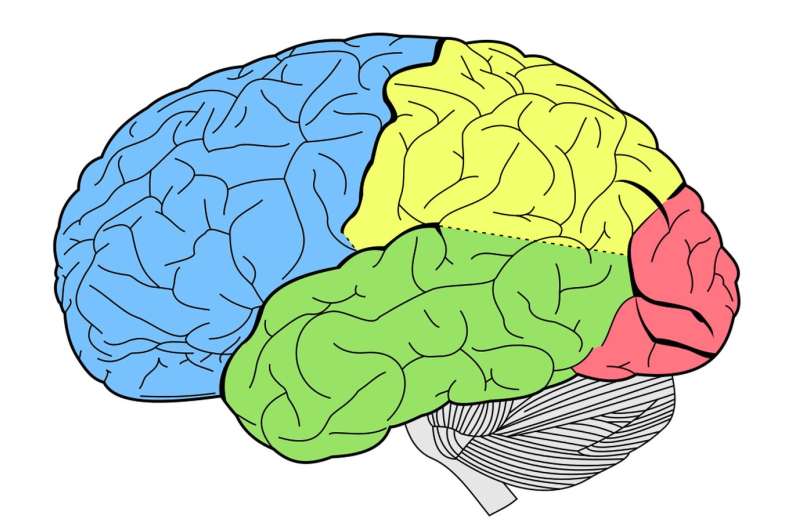This article has been reviewed according to Science X's editorial process and policies. Editors have highlighted the following attributes while ensuring the content's credibility:
fact-checked
trusted source
proofread
For people with memory struggles after brain injuries, the brain's processing speed is the main culprit: Study

If you try to save a file while your laptop lags, it won't save. Similarly, when our brains have delayed processing speeds, they "lag" and impair our ability to receive information and store memory. Researchers find that for people with acquired brain injuries (ABI), slower processing speeds—slower rates of absorbing information—make it much more difficult to create and recall memories.
"Ultimately, this study explored the cognitive disruption that causes poor memory recall in people with a chronic brain injury," says Gerald Voelbel, senior author of the study and associate professor of occupational therapy at NYU Steinhardt.
Research shows that more than 50 percent of people with an ABI (a brain injury that is not present at birth nor caused by disease) report memory deficits. With processing speed being responsible for the brain's input of information and working memory being responsible for data storage, the researchers sought to determine the impact of each process on immediate and delayed memory recall.
For their study, published in Brain Injury, the researchers tasked 63 individuals with ABI (ages 18-70) with a series of tasks called CNS Vital Signs that test performance on measures of processing speed, working memory, visual memory, and verbal memory.
One such test requires participants to memorize 15 words on a monitor and recall them from a list of original words combined with distractor words. They were asked to repeat this task 30 minutes later. Another task required the same activity but with colored figures instead of words.
The researchers found processing speed, but not working memory, to be a significant predictor of delayed verbal recall and overall memory.
"These findings suggest that cognitive rehabilitation techniques should focus on improving processing speed for people living with a chronic acquired brain injury to improve their memory ability and quality of life," Voelbel says.
More information: Maria Camilla P. Estelle et al, The effect of processing speed on verbal and visual memory of adults with a chronic acquired brain injury, Brain Injury (2024). DOI: 10.1080/02699052.2024.2309250



















